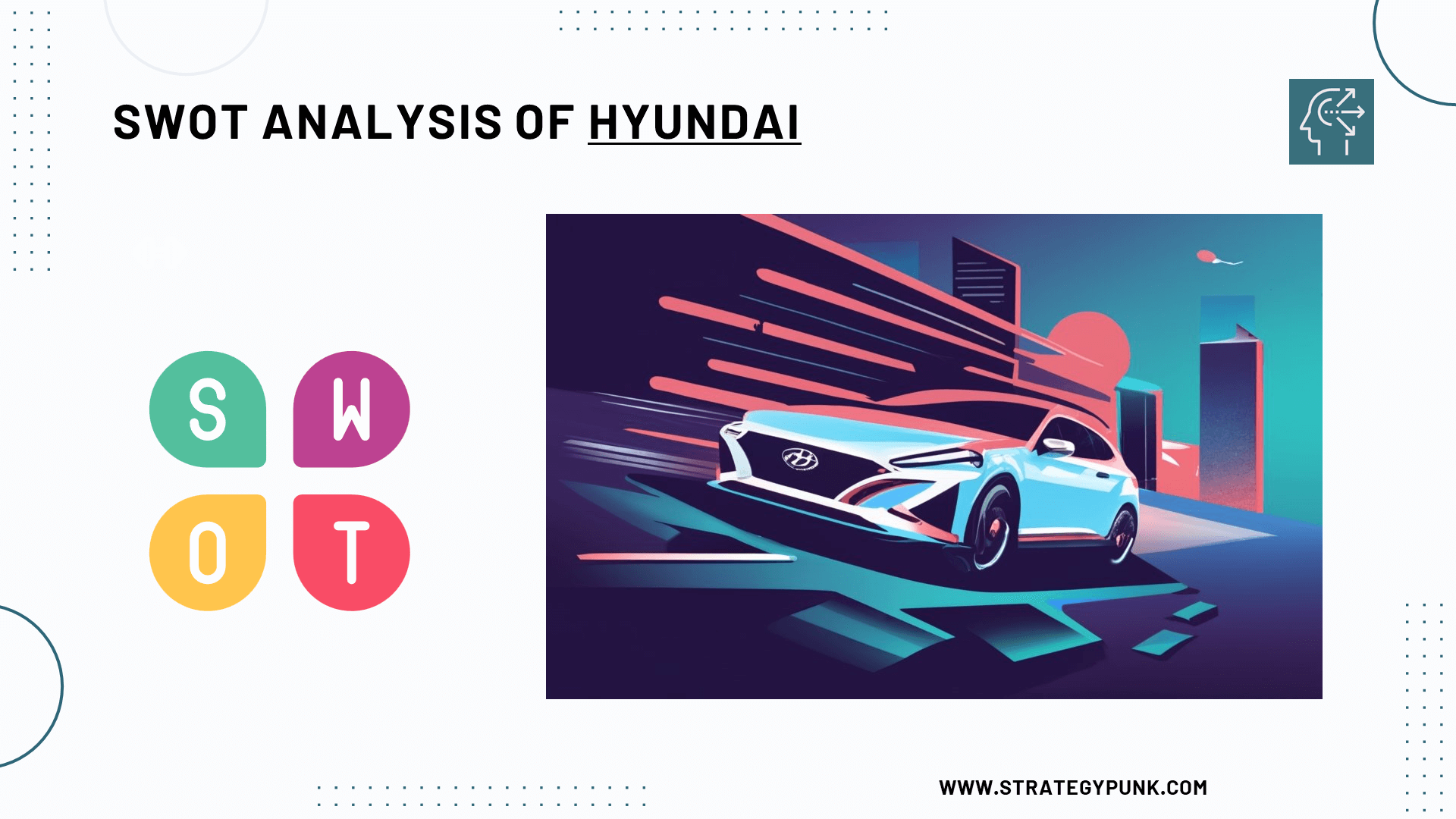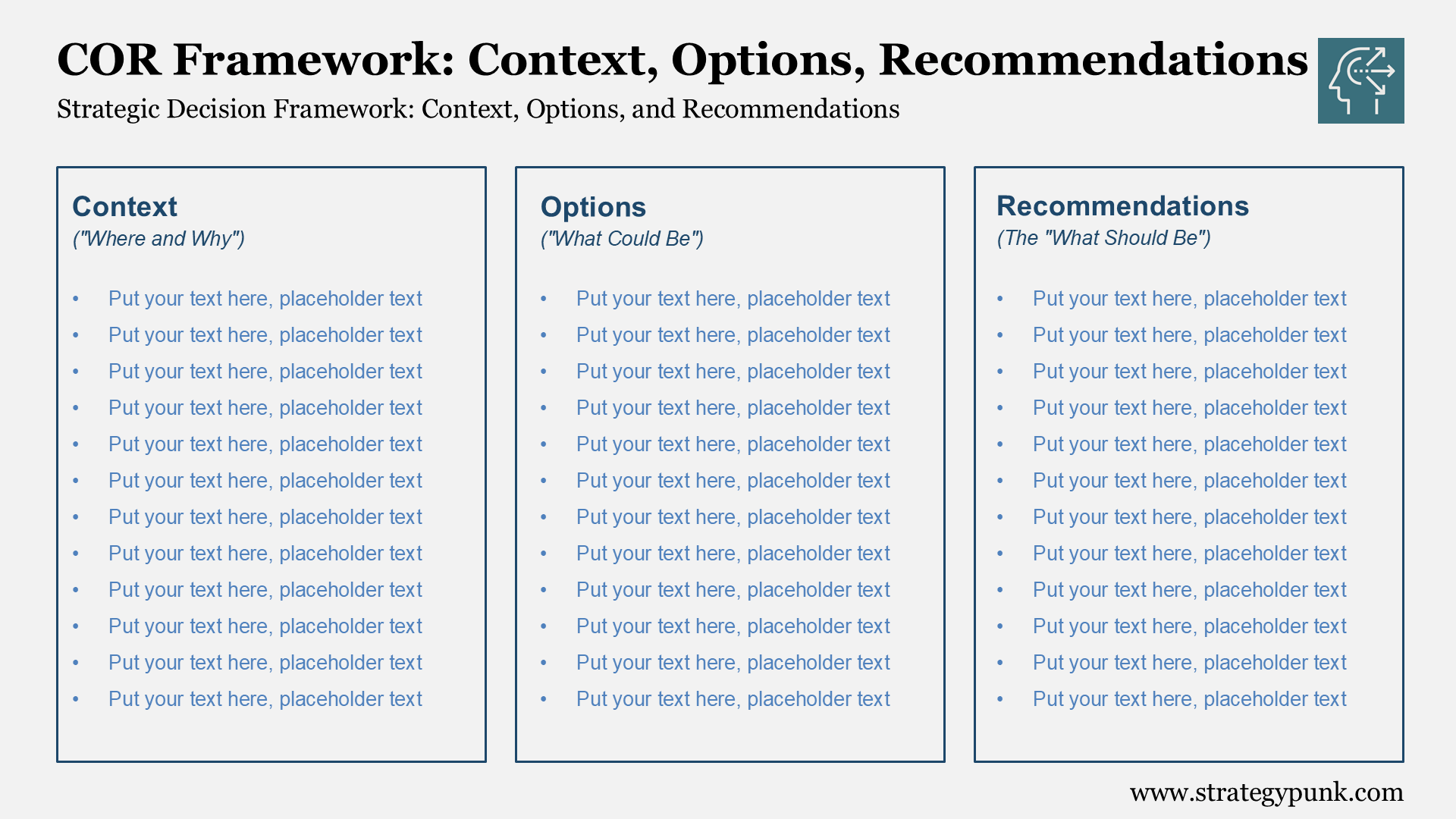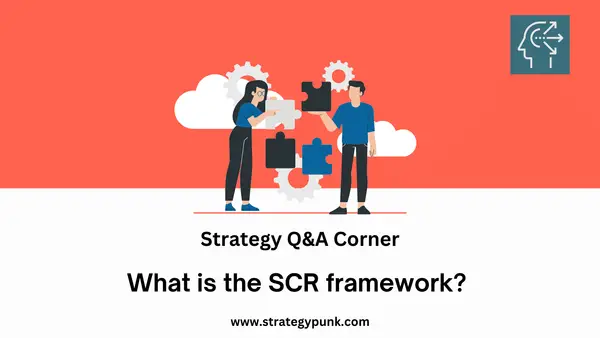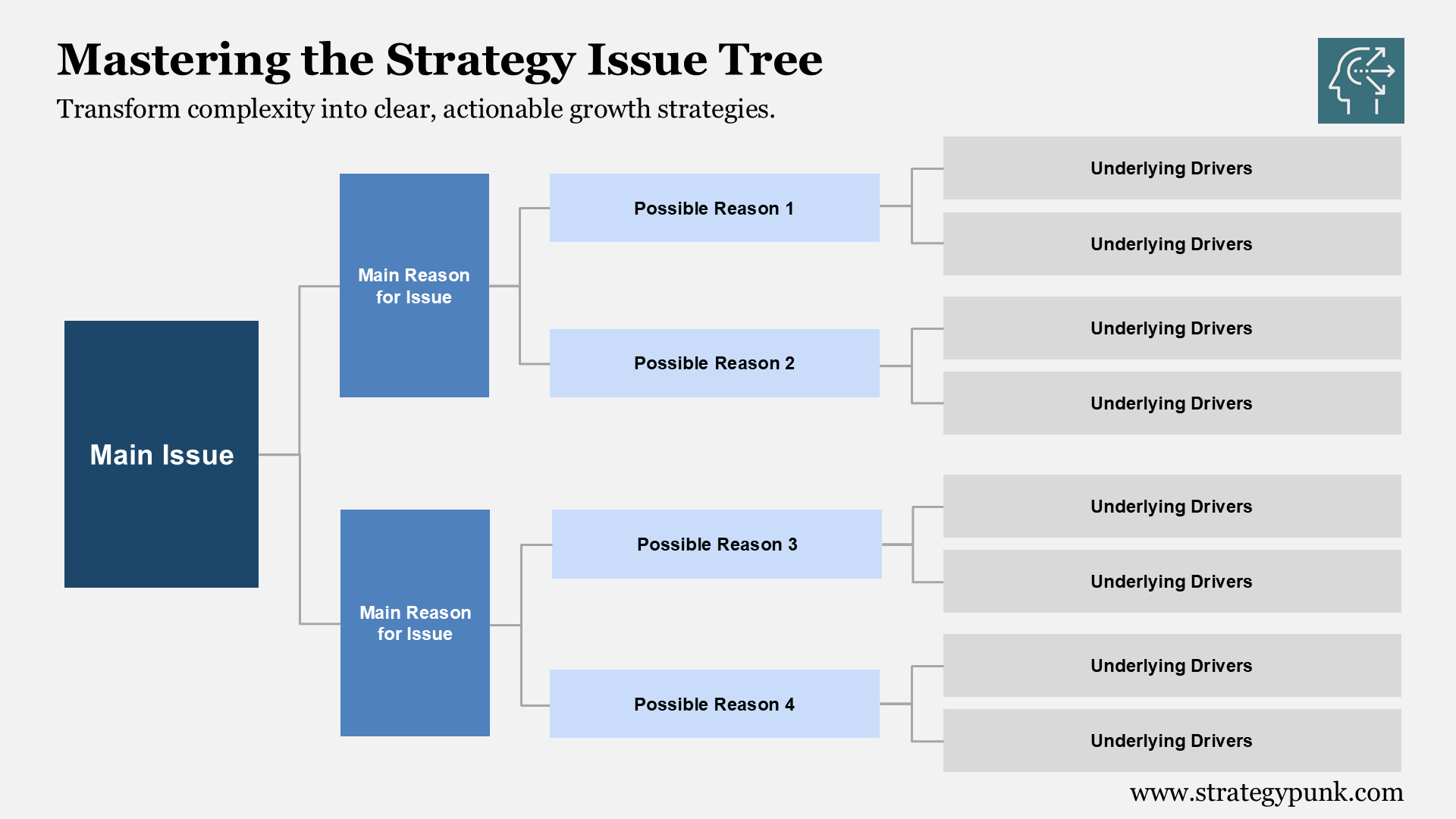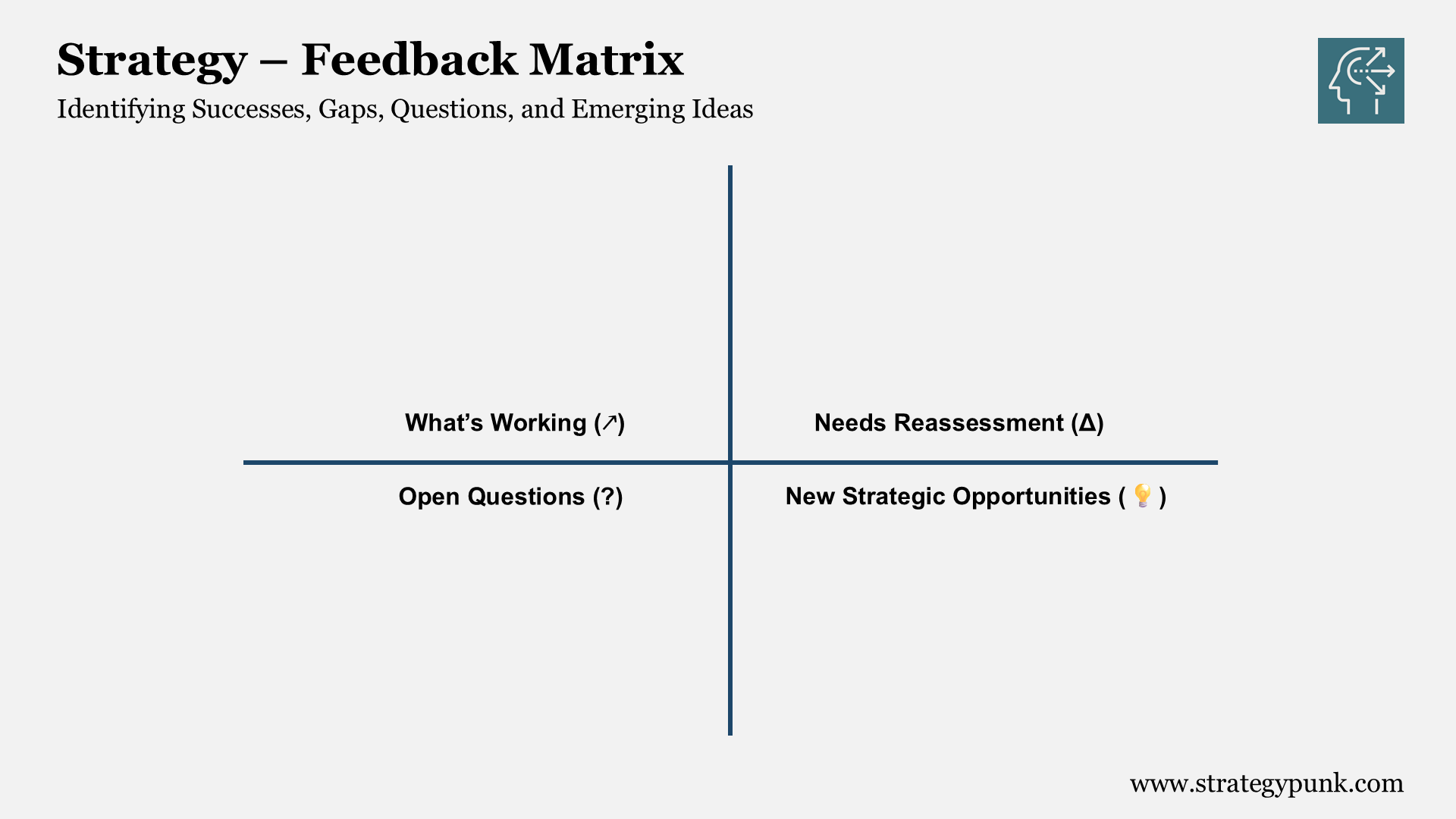SWOT Analysis of Volkswagen: Free Templates and In-Depth Insights 2024
Unlock the strategic insights of Volkswagen with our in-depth SWOT analysis for 2024. Discover Volkswagen's strengths, weaknesses, opportunities, and threats in the automotive industry. Access free, editable templates for PowerPoint and PDF now.
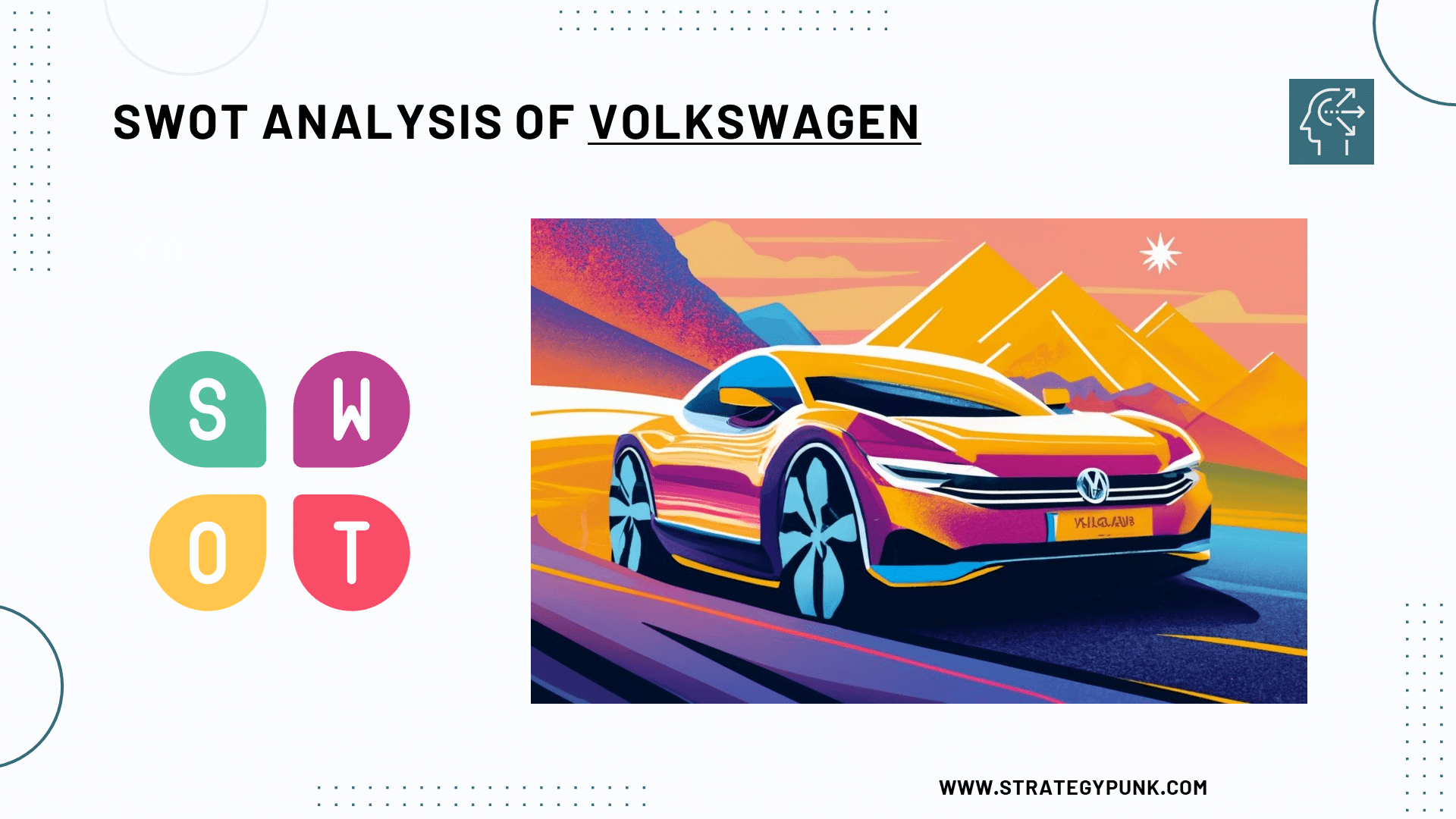
Introduction
Volkswagen, headquartered in Wolfsburg, Germany, is one of the world's leading automobile manufacturers and the largest carmaker in Europe.
The company operates 122 production plants worldwide and produces vehicles under the Volkswagen Passenger Cars, Audi, ŠKODA, SEAT, Porsche, Bentley, Lamborghini, Bugatti, Ducati, Volkswagen Commercial Vehicles, Scania and MAN brands.
This SWOT analysis will examine Volkswagen's business structure, financial performance, product portfolio, market position, and potential future growth strategies.
And there's more—download our free PDF and PowerPoint template to visualize Volkswagen's strategic landscape with clarity and precision.
Introduction to Volkswagen

Volkswagen was founded in 1937 by the German Labour Front, a Nazi labor organization. After World War II, the company was transferred to Lower Saxony, Germany, and quickly expanded production.
In the 1960s and 1970s, Volkswagen multiplied by acquiring other carmakers, including Audi, SEAT, and ŠKODA.
Today, Volkswagen is the world's second-largest carmaker behind Toyota, delivering over 8.8 million vehicles in 2021.
The Group employs over 670,000 people and has significant operations in Europe, North America, South America and Asia-Pacific.
Its strategy focuses on positioning the core Volkswagen brand as a leader in electric mobility and connectivity, transforming its other volume brands into SUV and crossover leaders, expanding its premium portfolio with Audi, Porsche, and Bentley, and enhancing profitability at its truck brands.
Volkswagen's Business Structure and Product Portfolio

Volkswagen Group consists of two divisions:
- Automotive Division - Produces and sells passenger and commercial vehicles for the Volkswagen, Audi, SEAT, ŠKODA, Bentley, Lamborghini, Porsche, and Ducati brands. This division accounts for the vast majority of Volkswagen's sales and profits.
- Financial Services Division - Provides dealer and customer financing, leasing, banking, and insurance services. This division represents under 10% of Volkswagen's total sales.
Volkswagen offers an extensive range of passenger and commercial vehicles:
- Volume Brands - Entry-level to premium models under Volkswagen, Audi, SEAT, and ŠKODA brands. Top models include VW Golf, Jetta, Tiguan, Audi A4, A6, Q5, Skoda Octavia and SEAT Leon.
- Premium Brands - Luxury and high-performance vehicles from Porsche, Bentley, Lamborghini, Bugatti and Ducati. Flagship models include Porsche 911, Panamera, Cayenne, Bentley Continental, and Lamborghini Huracan.
- Commercial Vehicles - Light commercial vehicles, trucks, and buses under the Volkswagen Commercial Vehicles, Scania, and MAN brands. Models include the VW Transporter van and Scania heavy trucks.
Volkswagen is transitioning its portfolio to electric drive, with plans to launch over 25 new EV models by 2025. Today's top electric models include the Volkswagen ID.3 hatchback and ID.4 SUV.
Financials of Volkswagen 2021
Volkswagen reported revenue of €250.2 billion in 2021, down slightly from €252.6 billion in 2020 due to the global semiconductor shortage.
Operating profit increased to €20 billion in 2021 from €17.5 billion in 2020, representing an operating margin of 8%.
Global vehicle deliveries totaled 8.9 million units in 2021. Volkswagen, Audi, ŠKODA, and SEAT accounted for around 85% of deliveries.
Volkswagen held over €43 billion in cash and equivalents at the end of 2021 to support its ambitious electric vehicle plans.
Volkswagen's Market Position
Volkswagen is the second largest carmaker globally behind Toyota, with a market share of 12% in 2021 based on deliveries.
Volkswagen is the market leader in Western Europe, with a share of over 25%. It also has a strong presence in China, Brazil, and other emerging markets.
The company faces competition from major players like Toyota, General Motors, Ford, Renault-Nissan-Mitsubishi, Hyundai-Kia, Fiat Chrysler, Honda, and Chinese manufacturers.
Volkswagen ranked 28th on the Fortune Global 500 list of largest companies by revenue in 2021.
In-depth SWOT Analysis of Volkswagen 2024
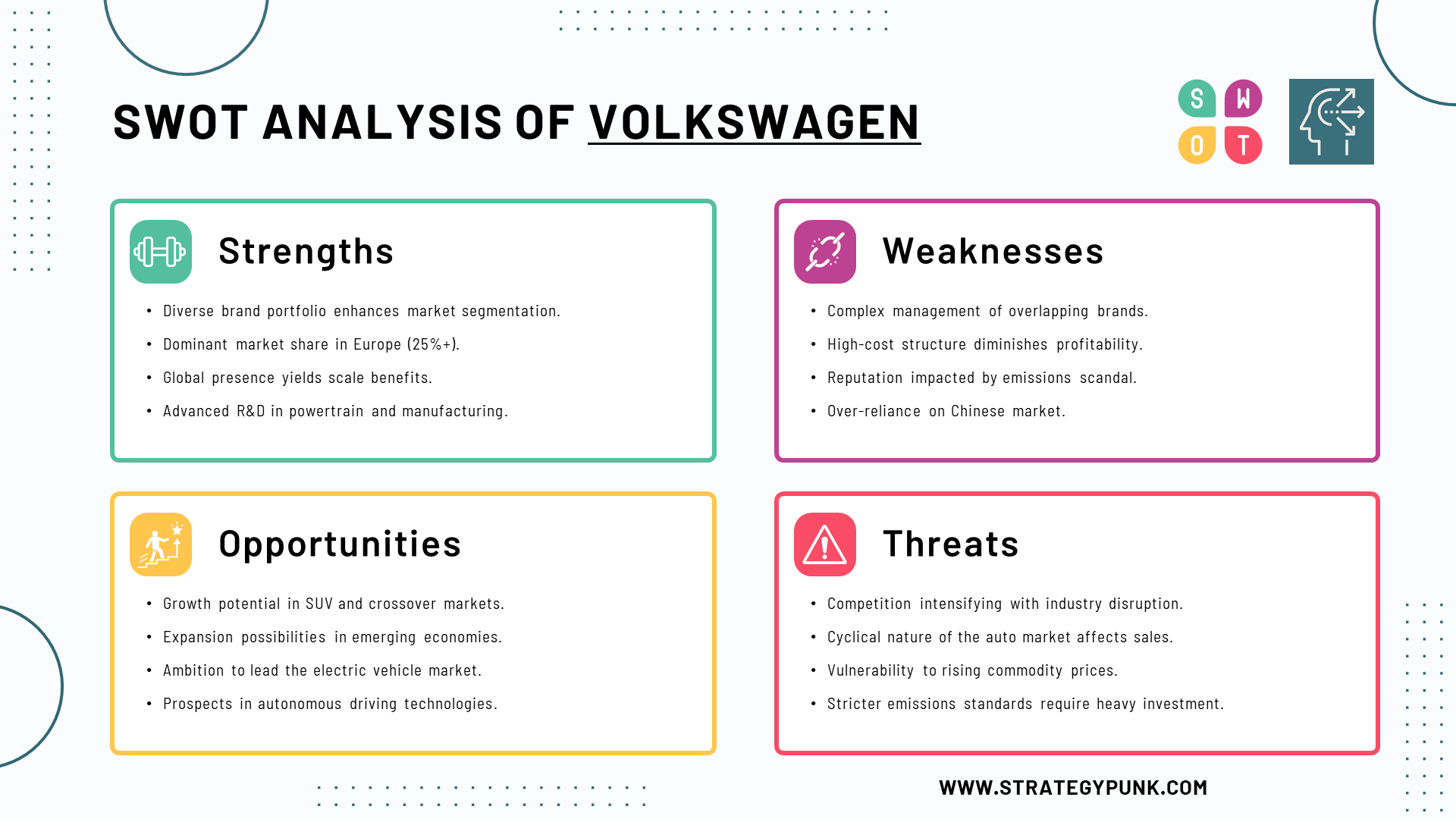
Volkswagen's Strengths
- Strong brand portfolio—Volkswagen Group owns 12 automotive brands, including widely recognized mass-market and luxury marques. This provides market coverage across segments.
- Leading market position in Europe —Volkswagen has a dominant 25% + market share in its home market, Western Europe. Its brands resonate strongly with European consumers.
- Global scale and reach —Volkswagen's vast global footprint provides economies of scale advantages in manufacturing, distribution, and marketing. In 2021, Volkswagen sold over 6 million vehicles outside of Europe.
- Technical expertise - Volkswagen has proven R&D capabilities and expertise in powertrain, vehicle engineering, and manufacturing efficiency. This results in technologically advanced and high-quality vehicles.
- Growing electric vehicle portfolio - Volkswagen is investing heavily in new electric models across its brands, with plans to become a top EV player. Early offerings like the ID.3 and ID.4 have seen strong demand.
Volkswagen's Weaknesses
- Complex brand and product portfolio - Managing 12 brands with significant model overlap creates product development and marketing complexity. There is a risk of internal competition and diluted brand identities.
- High-cost structure - Volkswagen's large European manufacturing footprint leads to high fixed costs compared to more flexible competitors. Profitability lags rivals like Toyota.
- Diesel emissions scandal - The 2015 emissions cheating scandal significantly damaged Volkswagen's reputation. This led to vehicle recalls, lawsuits, fines, and management changes. Brand image and trust are still recovering.
- Reliance on China - China has become Volkswagen's largest market, accounting for over 40% of global deliveries. A slowdown in China would impact Volkswagen more than its competitors.
- Electric vehicle transition—Volkswagen is still in the early stages of its EV push and lags behind Tesla. As consumer demand evolves, the success of its electric models is not guaranteed.
Volkswagen's Opportunities
- Growing SUV and crossover segments - Volkswagen can leverage its broad brand portfolio to capitalize on the rising popularity of SUVs and crossovers, especially in China and the U.S.
- Developing market expansion - Emerging economies such as Southeast Asia, India, Africa, and Latin America present significant growth potential as incomes rise and vehicle ownership grows.
- Electric vehicle leadership - Volkswagen aims to surpass Tesla as the world's top electric vehicle maker by 2025. EV growth provides an opportunity to gain market share and revamp Volkswagen's brand image.
- Autonomous driving technology - Self-driving technology represents the next frontier of innovation. Volkswagen can leverage its technical capabilities to be a leader in autonomous vehicles.
- New mobility solutions - Volkswagen is exploring shared mobility, integrated transportation, and autonomous shuttle services. These can complement its core vehicle business.
Volkswagen's Threats
- Intensifying competition - The auto industry is undergoing consolidation and disruption from new players. Rising competition from companies like Toyota, Renault-Nissan-Mitsubishi, Geely, Tesla, and Chinese startups threatens Volkswagen's market position.
- Economic downturns - The automotive market is highly cyclical and sensitive to macroeconomic trends. Economic recessions in key markets like China and Europe can significantly impact Volkswagen's vehicle sales.
- Rising commodity costs - Volkswagen's profits are exposed to fluctuations in raw material prices. Increasing prices for steel, aluminum, lithium, and other commodities squeeze margins and impact competitiveness if they are not effectively managed.
- Stricter emissions regulations—Tightening vehicle emissions standards in Europe and China will require Volkswagen to make significant investments in green technologies like electrification and hydrogen power.
- Market disruption from new technologies - Emerging technologies like shared mobility, autonomous driving, and transportation services may reduce individual car ownership and disrupt Volkswagen's traditional business model.
Volkswagen SWOT Analysis Summary
Internal Factors
Strengths
- Strong brand portfolio, including Volkswagen, Audi, Porsche, Skoda, etc.
- Leading market position in Europe with over 25% share
- Extensive global scale and reach with significant operations in Europe, China, Americas
- Proven technical expertise in engineering, powertrains, and manufacturing efficiency
- Growing electric vehicle portfolio including ID.3, ID.4 models
Weaknesses
- Reputation and trust issues from the 2015 diesel emissions cheating scandal
- High-cost structure and lower profitability compared to key rivals like Toyota
- Complex brand and product portfolio with significant model overlap
- Heavy reliance on the Chinese market, which accounts for over 40% of deliveries
External Factors
Opportunities
- Growing popularity of SUVs and crossovers, especially in China and North America
- Further expansion in developing markets like Southeast Asia, India, and Latin America
- Becoming the global leader in electric vehicles by 2025 through investments
- Development of autonomous driving technology and mobility solutions
Threats
- Intensifying competition from rivals like Toyota, Renault-Nissan-Mitsubishi, Tesla
- Economic downturns and recessions in key markets like China and Europe
- Rising costs of raw materials like steel, aluminum, and lithium
- Tighter emissions regulations requiring investments in green technologies
- Market disruption from new technologies like shared mobility and autonomous driving
The analysis shows Volkswagen has significant strengths but faces challenges relating to costs, reputation, portfolio complexity, and technology changes.
Key opportunities lie in SUVs, emerging markets, and electric leadership. However, while managing its transition, Volkswagen must contend with competitive and economic threats.
Frequently Asked Questions
What are Volkswagen's key strengths?
Some of Volkswagen's main strengths are its strong brand portfolio, including Volkswagen, Audi, and Porsche, its leading market position in Europe, extensive global scale and reach, technical expertise in engineering and manufacturing, and its growing electric vehicle portfolio.
What are the main challenges facing Volkswagen?
Volkswagen faces key challenges: its complex brand and product portfolio, high-cost structure compared to rivals, damage to its reputation from the diesel scandal, heavy reliance on the Chinese market, and executing its electric vehicle strategy.
What is Volkswagen's market share in Europe?
Volkswagen has a market share of over 25% in Western Europe, making it the dominant market leader in the region. Its Volkswagen, Audi, SEAT, and Skoda brands are widely popular in Europe.
How many electric vehicle models does Volkswagen plan to launch by 2025?
Volkswagen aims to launch more than 25 new battery electric vehicle models across its brands by 2025. This is part of its ambitious strategy to become the world's top electric vehicle manufacturer.
What is Volkswagen's market position globally?
Volkswagen is the second largest automaker behind Toyota, with a global market share of approximately 12% based on vehicle deliveries. It has significant operations in Europe, China, North America, South America, and Asia-Pacific.
Volkswagen SWOT Analysis PowerPoint Template
free and fully editable PPT template
A SWOT analysis evaluates the strengths, weaknesses, opportunities, and threats impacting a company.
This free editable PowerPoint template provides a SWOT analysis framework to evaluate Volkswagen's internal strengths and weaknesses and external opportunities and threats.

Volkswagen SWOT Analysis PowerPoint Template
Volkswagen SWOT Analysis PDF Template
Discover more
Clickworthy Resources
SWOT Analysis: Free PowerPoint Template
This PowerPoint slide deck contains five different layouts to complete a SWOT analysis.
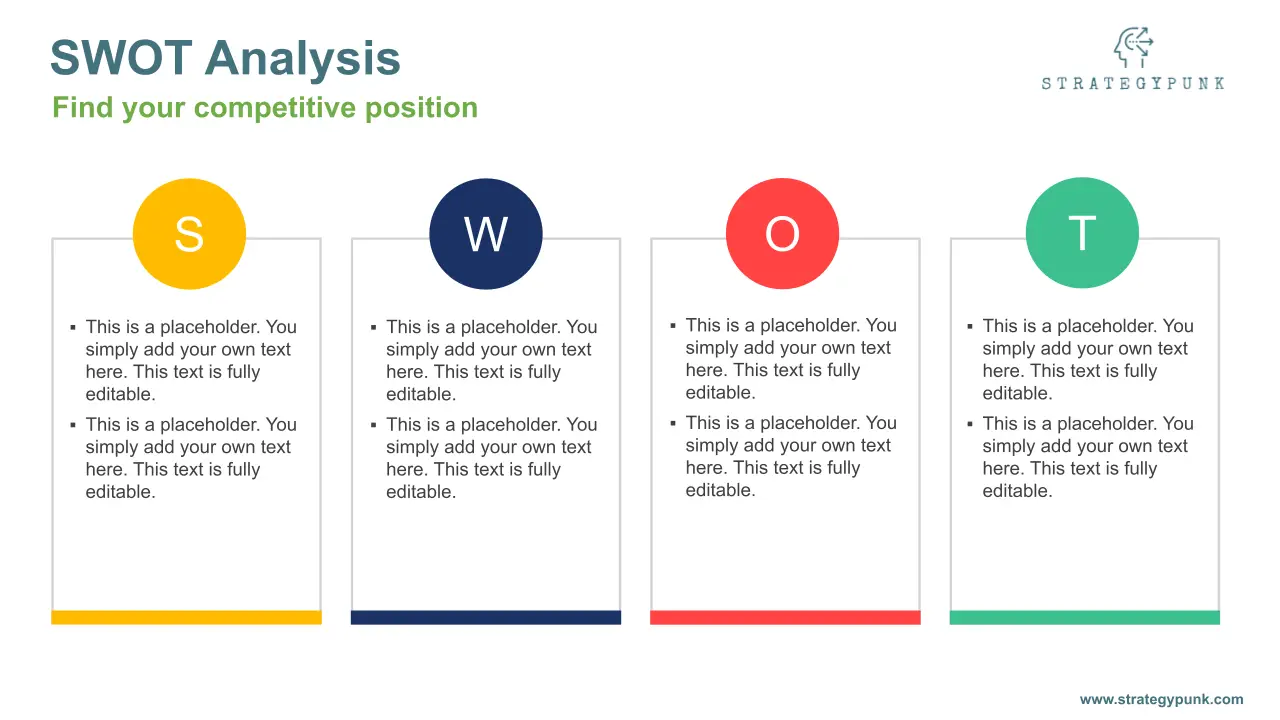
SWOT Analysis of Mercedes-Benz: Free Templates and In-Depth Insights 2024
In the ever-evolving landscape of the luxury automotive industry, Mercedes-Benz continues to be a beacon of excellence and innovation. Our latest SWOT Analysis for 2024, available as a free PowerPoint download, meticulously examines the brand's current standing and future trajectory.
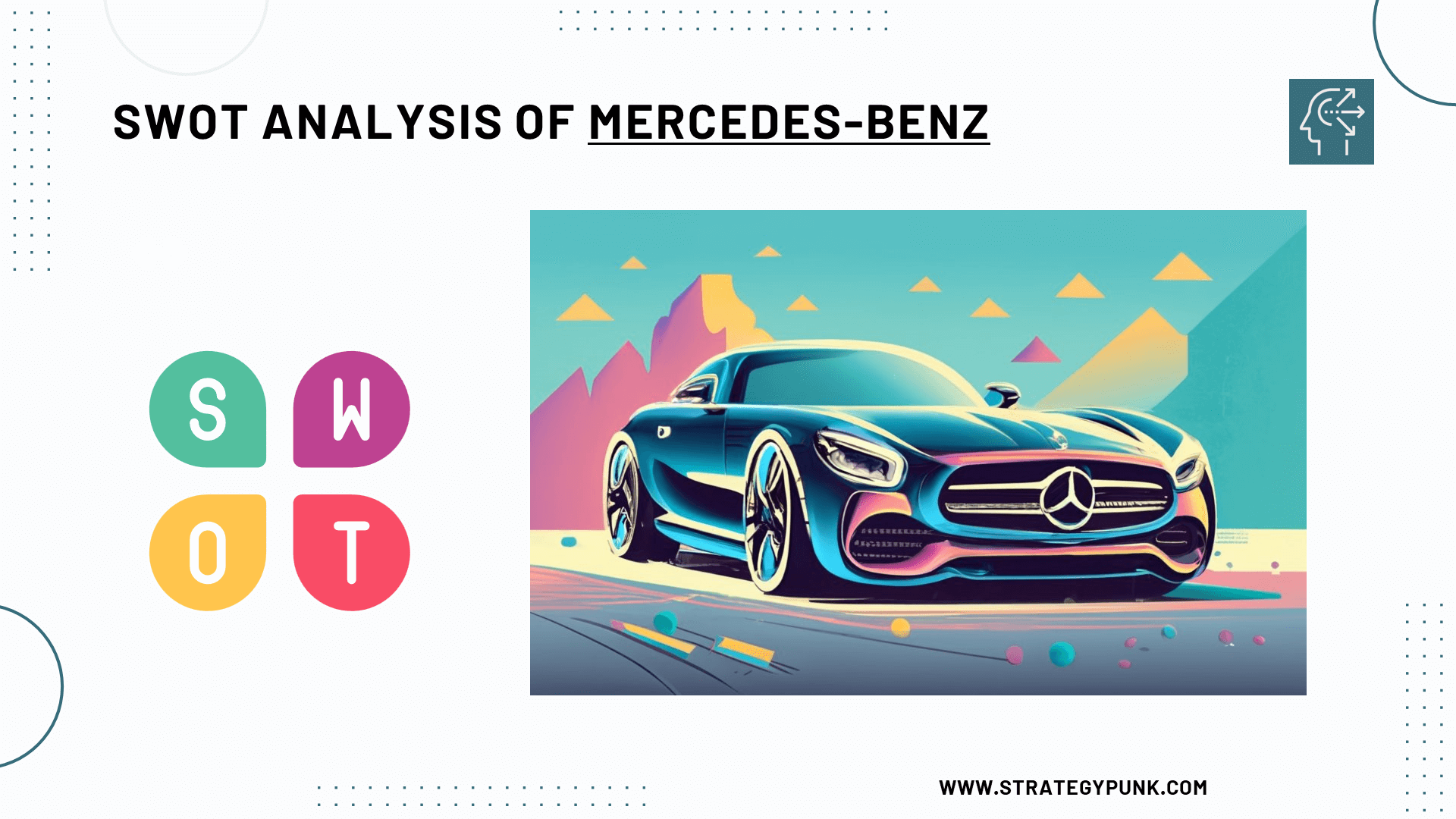
SWOT Analysis of BMW: Free PPT Template and In-Depth Insights 2024
Dive deep into BMW's SWOT Analysis with our free PPT template and detailed insights for 2024. Explore BMW's strengths, like its revered brand reputation and cutting-edge technology, alongside its weaknesses, including a limited EV portfolio.
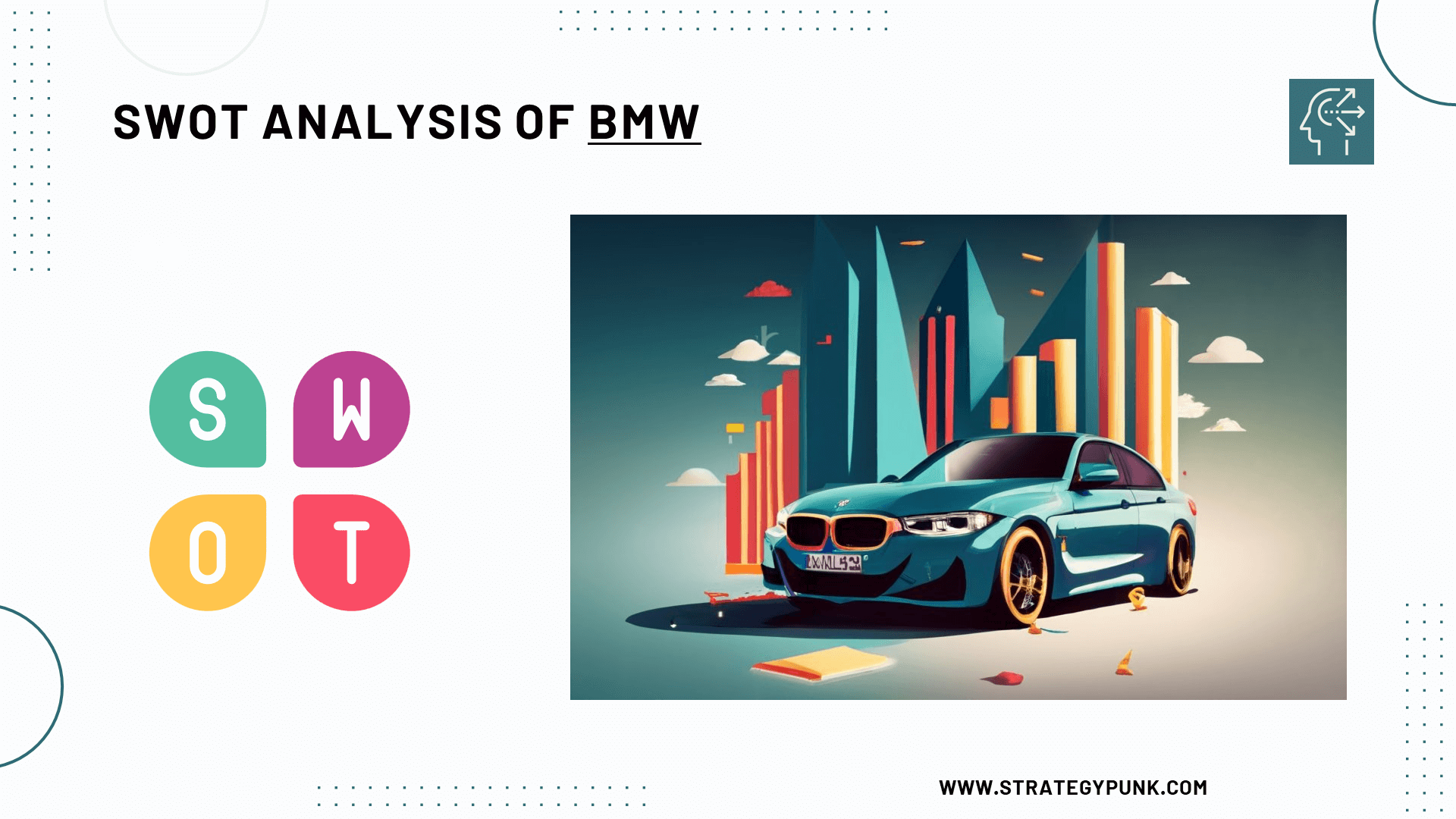
SWOT Analysis of Hyundai: Free Templates and In-Depth Insights 2024
Discover the workings of Hyundai Motor Company with our comprehensive SWOT analysis for 2024. Download our free PowerPoint template and gain expert insights into this automotive giant's challenges and opportunities.
